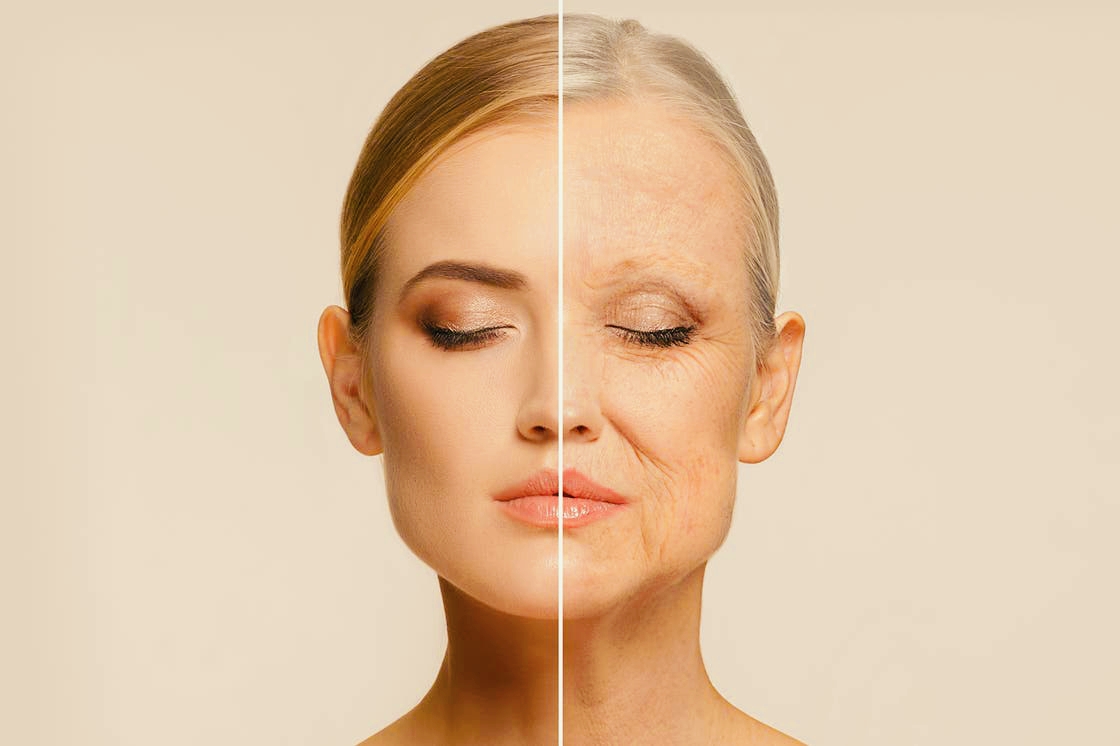A recent study has revealed that continuous exposure to high temperatures not only affects our physiological health, but it may significantly accelerate the aging process at the cellular level.
A groundbreaking German study published in 2023 in the journal Environment International confirms that the rise in air temperatures is linked to accelerating "epigenetic aging" or what is known as biological aging acceleration, where the body ages faster than its chronological age.
The study relies on the use of "epigenetic clocks," which are scientific tools that measure chemical changes in DNA known as "DNA methylation" that turn genes on or off, directly influenced by environmental factors such as heat, lifestyle, and stress.
The results indicate that every one-degree Celsius increase in average annual temperature is associated with a clear acceleration in aging signs at the cellular level.
The lead researcher of the study, Winli Ni from the Harvard T.H. Chan School of Public Health, explains that heat exposure induces changes in DNA methylation, leading to the activation of harmful biological processes such as oxidative stress, which causes DNA damage by unstable "free radicals," hindering the body's ability to repair itself and fight diseases.
These cellular changes ultimately manifest as visible signs of aging, such as bone weakness, slow wound healing, and increased risks of heart disease and cancer.
Scientists emphasize that understanding these mechanisms can pave the way for developing strategies to protect against the effects of increasing heat waves due to climate change.
Amidst global temperature rise, these findings serve as an important health warning, urging preventive measures to preserve our long-term health.

